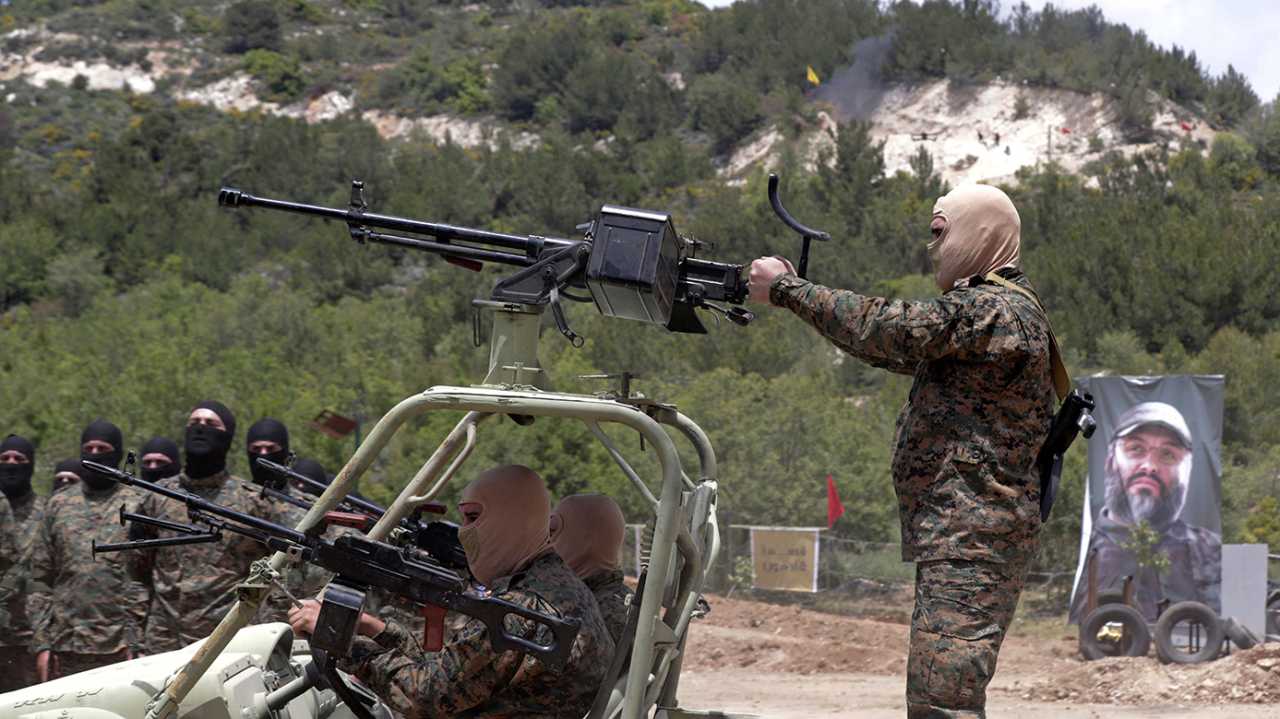World
Escalation of Conflict in the Middle East: Israel and Hezbollah in Heightened Exchange of Fire

The Middle East has reached a perilous juncture following a recent escalation of hostilities between Israel and Hezbollah. The Israeli military has conducted what it describes as preemptive strikes on Hezbollah targets, resulting in a significant exchange of fire.
In retaliation, Hezbollah confirmed its response, launching hundreds of rockets and drones targeting Israeli positions. The extent of damage on both sides remains largely unclear, but the frequency and intensity of the exchanges indicate a sharp increase in tensions.
The hostilities are reminiscent of past confrontations, notably the 2006 war, which resulted in significant casualties and no clear victor. Israel’s military planners recognize that engaging Hezbollah poses a much greater challenge than dealing with Hamas, as evidenced by the ongoing struggle to neutralize Hamas despite technological and military advantages.
Hezbollah benefits from advanced military resources, including a substantial arsenal of rockets supplied by Iran and well-trained fighters who have gained combat experience in Syria. This raises the stakes for a potential regional conflict, which many analysts fear could lead to widespread devastation.
The situation is closely monitored by Iran, where Ayatollah Ali Khamenei, the Supreme Leader, oversees military strategies through the Revolutionary Guard. Decisions made in Iran will greatly influence the unfolding events in Lebanon and Israel.
As hostilities continue, the Israeli military has conducted extensive strikes against Hezbollah positions in southern Lebanon, while Hezbollah has vowed to respond with calculated attacks on Israeli targets. This cycle of retaliation raises fears of an all-out war that could draw in other regional players such as the United States.
In response to the exchanges, Israeli Prime Minister Benjamin Netanyahu has reiterated the country’s commitment to national defense, while domestic protocols have been activated to ensure civilian safety.












